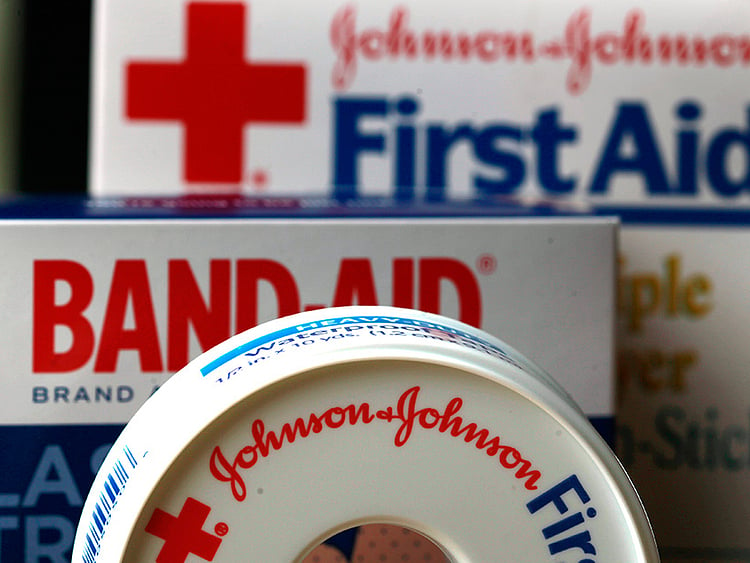Johnson & Johnson to split into two public companies
Investors appeared warm to the idea, sending the stock to $165.01, up 1.2 per cent

Also In This Package
New York: Johnson & Johnson announced Friday it will split itself into two publicly traded companies, separating its lucrative pharmaceutical and medical devices divisions from the consumer products business known for Band-Aid, Tylenol and its namesake baby shampoo.
It’s the latest high-profile separation from a legacy company - coming the same week General Electric announced its breakup plan and the same day as Toshiba - signaling that investors increasingly see value in smaller, more streamlined enterprises over sprawling conglomerates.
Johnson & Johnson will headline the larger pharmaceutical and medical device business - which includes its coronavirus vaccine manufacturing. The divisions brought in nearly $13 billion in the most recent quarter.
The other company will be built around such well-known household brands as Tylenol, Listerine and Band-Aid, assets that brought in about $3.7 billion in the most recent quarter. It is referred to in the company’s announcement as “The New Consumer Health Company.”
Investors appeared warm to the idea, sending the stock to $165.01, up 1.2 per cent, on Friday. The company has a market value of $434.4 billion.
Analysts say this week’s carve-outs mark a retreat from the empire-building that arose in the 1960s and accelerated in the 1980s under such corporate titans as Jack Welch of GE - which put its stamp on everything from jet engines and refrigerators to lightbulbs. Separation allows the parts to support one another, they say, and investors increasingly believe they can unlock better returns over time.
Johnson & Johnson has seen faster growth in its pharmaceutical business, home to its single-shot coronavirus vaccine, compared with other parts of the company. In the year ended Sept. 30, the unit recorded a 13.2% increase in sales.
By comparison its consumer products unit, which includes beauty and skin-care brand Neutrogena alongside its array of medicine cabinet staples, reported a 4.1% increase in revenue.
In a call with investors Friday, chief executive Alex Gorsky said the company’s board and executive team had been reevaluating whether Johnson & Johnson’s “broad-based approach” was in its best interests.
“While this approach has historically served us well, addressing the complexity of today’s global health care and consumer environments now demanded unprecedented focus, innovation and agility,” he said.
Sign up for the Daily Briefing
Get the latest news and updates straight to your inbox
Network Links
GN StoreDownload our app
© Al Nisr Publishing LLC 2026. All rights reserved.